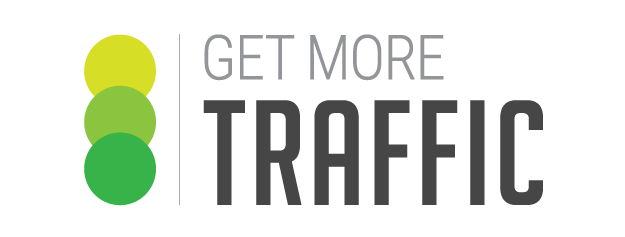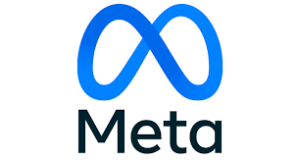August Digital Marketing Industry Updates
Facebook Ads to Include Privacy Enhanced Technologies for Greater Security
Facebook has been looking into creating more secure safeguards and measures for its users while still be able to give them a personalised experience on the platform. To do that, they’ve developed Privacy Enhanced Technologies (PETs) that draw in techniques from cryptography and statistics that will make use of on-device learning. This simply means that the algorithm will now process user data and information on the user’s device rather than store and analyse it on the cloud or a remote server. Keeping the information locally should help keep data secure, while still give Facebook users personalised ads on the platform.
Targeting users under 18 based on age, gender or interests now disabled for Google Ads
As more and more students and children undergo virtual schooling, Google is taking some necessary steps and measures to ensure that they can still stay secure and protected. One policy that Google is introducing is the ability for anyone under 18, or their parent or guardian, to request the removal of their images from Google Image search results. Additionally, Google is adding more protocols and safeguards to protect teens from age-sensitive ad categories. For advertisers, this also means that targeting based on age, gender or interests for people under 18 is no longer allowed. And while this may not greatly impact marketers and advertisers, expect certain audiences to be removed for ad targeting.
Attribution Models Now Applied to YouTube and Display Ads
The benefit of attribution models for Google Ads is that they can help marketers gain a better understanding of the engagement and conversions they receive from their campaigns. Recently, Google upgraded all their Google Ads attribution models so that they are now able to support Display and YouTube ads as well. Together with the upgrade comes the ability to view data for Search, YouTube and Display campaigns all in one place, making it easier to make comparisons between platforms. Additionally, YouTube’s data-driven attribution model is now also able to measure “engaged views”, giving advertisers more insights to their ads and engagement. Finally, the upgrade is a step that further helps marketers further understand a customer’s online journey towards a conversion, so that they can make more informed decisions when optimising their campaigns.
Instagram Test Ad Placements in Shop Tab
In an attempt to give online retailers and shops more support in e-commerce, Instagram is testing out ad placements in their Shop tab to try and distance themselves from relying too heavily on third-party cookies and cross-app tracking. Additionally, having all activity and engagement happen on the Instagram app gives advertisers more insight and control over their campaigns. The ad placements are currently only available to a certain retailers in the U.S. However, after testing, Instagram is planning on rolling out these placements globally in the coming months.













